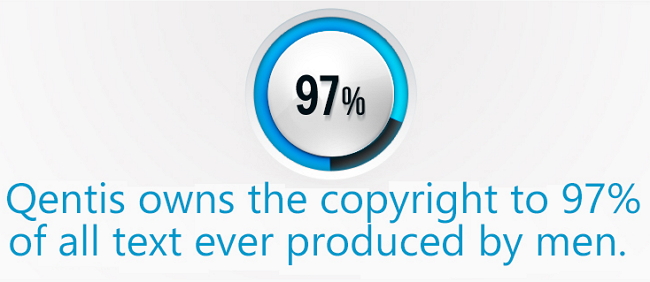Photographer Sues Imgur For Failing to Remove Copyrighted Photos
lundi 29 septembre 2014 à 17:33 When it comes to online piracy most attention usually goes out to music, TV-shows and movies. However, photos are arguably the most-infringed works online.
When it comes to online piracy most attention usually goes out to music, TV-shows and movies. However, photos are arguably the most-infringed works online.
Virtually every person on the Internet has shared a photo without obtaining permission from its maker, whether through social networks, blogs or other services.
While this is usually not a problem with a picture of the average Internet meme, when it comes to professional photography there can be serious consequences.
Earlier this year the Seattle-based artist Christopher Boffoli discovered that dozens of photos from his well-known “miniatures of food” series were being shared on Imgur. The photos were uploaded by a user named kdcoco who published them without permission.
This type of infringement is fairly common and usually easy to stop through a DMCA notice. In this case, however, that didn’t produce any results, so the photographer saw no other option than to take Imgur to court.
In a complaint (pdf) filed at a federal court in Seattle, Boffoli explains that he sent Imgur a DMCA takedown request on February 21. This seemed to work, as the image sharing site was quick to respond.
“The images have been marked for removal and will be deleted from all of our servers within 24 hours,” Imgur quickly replied.

But following this initial reply nothing happened. According to the complaint all of the images remained online for several months.
“As late as September 2014 — more than 200 days after receiving Boffoli’s notice — Imgur had not removed or disabled access to the Infringing Content. To date, the Infringing Content is still accessible on Imgur’s servers,” the photographer’s lawyers write.
Aside from the infringing behavior of the Imgur user, Boffoli holds the image sharing service responsible for continued copyright infringement.
“Imgur had actual knowledge of the Infringing Content. Boffoli provided notice to Imgur in compliance with the DMCA, and Imgur failed to expeditiously disable access to or remove the Infringing Website,”
The photographer is asking the court to order an injunction preventing Imgur from making his work available. In addition, the complaint asks for actual and statutory damages for willful copyright infringement.
With at least 73 photos in the lawsuit, Imgur theoretically faces more than $10 million in damages. Thus far Imgur hasn’t responded to the complaint but at the time of writing the infringing photos are no longer available online.
It’s not the first time Boffoli has sued an online service for failing to remove his photos. He also filed lawsuits against Twitter, Google and others. These cases were settled out for court under undisclosed terms.
Time will tell whether Imgur will go for the same option, or if it will defend itself in court.
Source: TorrentFreak, for the latest info on copyright, file-sharing and anonymous VPN services.
 In January 2010, Universal Music Group filed a lawsuit in a New York court in which it alleged that Grooveshark was offering unauthorized copies of its musical works. The content in question were tracks from Universal’s pre-1972 back catalog.
In January 2010, Universal Music Group filed a lawsuit in a New York court in which it alleged that Grooveshark was offering unauthorized copies of its musical works. The content in question were tracks from Universal’s pre-1972 back catalog.



